The views expressed in our content reflect individual perspectives and do not represent the authoritative views of the Baha'i Faith.
Living in a world filled with other people is a game of chance—because it’s impossible to know for certain what other people will do.
Other people aren’t robots that can be controlled from a distance. They’re not puppets that can be manipulated by a single puppet master. They’re capable of free will, making choices and then carrying those choices into action. That means each of us must live with the consequences of other people’s free will, and they must live with ours—which explains why we need trust and trustworthiness.
Just think about what it’s like to use a busy road. Cars travel in opposite directions at high speeds. If one car comes too far into the other lane, a deadly collision could put many lives in danger. Laws and law enforcement go a long way to make things run smoothly, but the police can’t control everything everywhere. People have to make good choices on their own as well. When we go out on the road we trust that other people will use it safely. We literally put our lives in their hands. Likewise, we must make choices that earn their trust in return. Otherwise, nobody would dare go out on any road.
In the same way, trust and trustworthiness form the basis of any free society. To a great extent, we must trust that other people will do the right thing. In order to get on well with others, we must strive to be worthy of others’ trust in return.
On this topic Baha’u’llah, the founder of the Baha’i Faith, wrote,
Verily [trustworthiness] is the door of security for all that dwell on earth and a token of glory on the part of the All-Merciful. He who partaketh thereof hath indeed partaken of the treasures of wealth and prosperity. Trustworthiness is the greatest portal leading unto the tranquility and security of the people. In truth the stability of every affair hath depended and doth depend upon it. All the domains of power, of grandeur and of wealth are illumined by its light. – Baha’u’llah, Tablets of Baha’u’llah, p. 37.
Manifesting words and deeds that earn people’s trust is essential to any Baha’i vision of a good life or a better society. Furthermore, any course of action that disregards the importance to social cohesion of this door of security cannot build a world we want to live in.

These ideas about trust and trustworthiness can be applied to a wide range of matters, like education, family, the economy, science, and others. But one area in particular has particular significance—the realm of politics.
In politics, a community must grapple with competing requirements. Law and authority must speak with a single, coherent voice; or confusion and frustration ensue. Of course, different people have widely divergent views about the use of public authority. Inevitably, these individuals and groups must find some way of dealing with this divergence through consultation and compromise.
At one end of the spectrum, functional, free societies operate with full cooperation, a spirit of frank and loving consultation, open access to information and respect for unity in diversity. On the other end, dysfunctional societies without freedom descend into civil war, the criminalization of dissent, purges, and aggressive censorship. The majority of societies fall somewhere between these two poles, but most people agree that it would be better if we moved towards the first and away from the second. At this point, trust and trustworthiness enter into the world of politics.
To trust a person involves allowing her her freedom. It means taking a chance that she will make good choices. To distrust a person, society takes a big step toward believing she shouldn’t have the right to make her own decisions. In that case, we would just force her to do what we want, and spare ourselves the worry about what she will choose. If that person’s actions are constrained by others, those people will never trust her to do the right thing.
When we demonstrate trustworthiness, we show others that such coercion is unnecessary, and we demonstrate the legitimacy of self-governance and the harmlessness of co-existence. Likewise, when we trust someone we give them the opportunity to be trustworthy themselves—to behave as a free, responsible and trusted person. Whether or not interactions like this blossom into a free society depends on the mutual presence of both trust and trustworthiness.
Most people intuitively understand that what goes around comes around. The standard I use on other people will influence the standard they use on me. If I want to be free, I should try as much as I can to allow other people their freedom and do as much as I can to deserve my own. That’s the basic idea.
Freedom doesn’t come from one central point, such as an enlightened, benevolent ruler. It comes from everywhere. It comes from everyone demonstrating to everyone else that they don’t need coercive restraints on their behavior, and everyone else acknowledging that point in return. Ultimately, it comes from our deeds.
You May Also Like
Comments



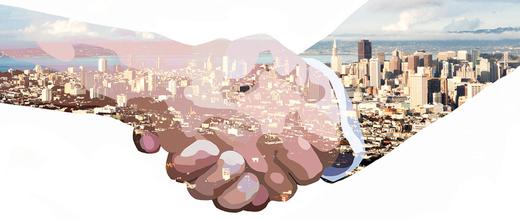


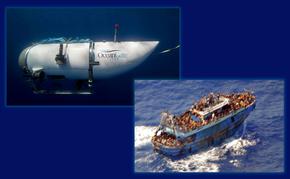

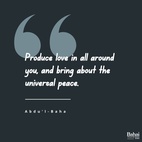
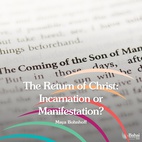
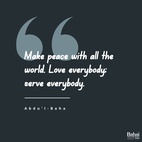



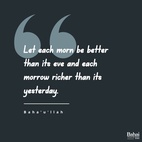


that free people have to live with the
consequences of each other's free
will.